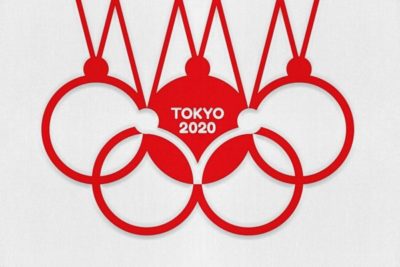Tokyo 2021 Olympics: The Most Advanced Olympics Ever (PART 1)
By: Isaac Ryu
After getting canceled in 2020, the Tokyo Olympics are set to take place in July. This marks the fourth time the Olympic Games have been held in Japan and now shapes up to be the most advanced one yet.
This time around, the International Olympic Committee (IOC) partnered with Intel to integrate new tech into the Olympic experience. Technology such as virtual reality faced recognition and augmented reality graphics are set to impact all aspects of the games.
Perhaps one of the newest additions to the Olympic tech lineup is facial recognition. A Japanese NEC Corp is providing the facial recognition service “NeoFace.” According to Intel, “the facial recognition technology will be used to identify over 300,000 people at the games, including athletes, volunteers, media and other staff for entry points of venues and accommodations.”
We can find facial recognition software all around us. Whether we are logging into our phones, tagging people in social media posts, or even in national security instances, facial recognition has revolutionized the way we interact with technology.
Essentially, Face ID software, in the case of the Olympics, is run by the Intel Core i5 processor, takes a picture or video of a face, and establishes a facial signature. This signature is compared to all the signatures in a database, and a connection is made.
In the context of the Olympics, NeoFace is being used to prevent identity fraud and reduce “long wait times for ID checks.”
The 28th Olympics will no doubt be advanced. Not only will it implement new technology to enhance the viewers’ experience, but it will also enhance the athlete’s experience. Implementation of the new tech will only set a precedent for future Olympics and other sporting events.


Trackbacks/Pingbacks